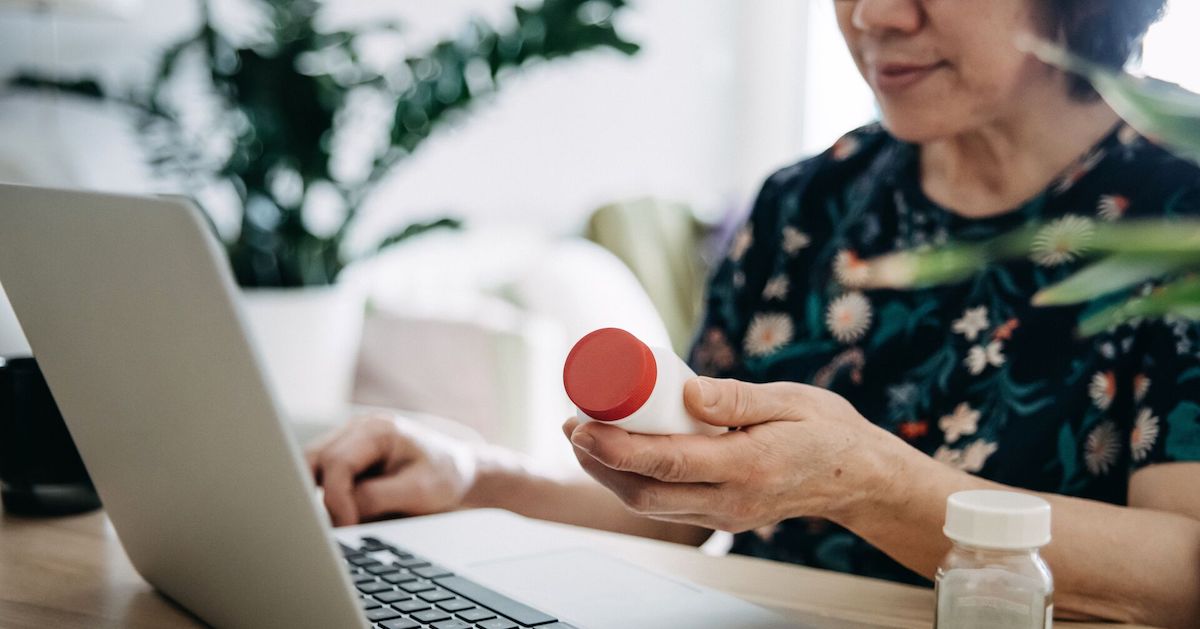Hyro, maker of a GPT-enabled conversational AI provider for healthcare, announced it raised $20 million in Series B funding led by Macquarie Capital, bringing the company’s total funding to $35 million.
Liberty Mutual Strategic Ventures and Black Opal Ventures, alongside existing and new investors, also participated in the round.
Dan Philips, executive director at Macquarie Capital, will join Hyro’s board as a director.
WHAT IT DOES
The New York-based company offers a call center for providers that allows for automated conversations with their patients via conversational AI. The company also provides real-time analytics, with insights from patient interactions. It also has a GPT-powered assistant, dubbed Spot, that offers explainability around AI outputs.
GPT is Open AI’s large language model that generates humanlike text in response to users’ questions or prompts.
Hyro will use the funds to increase its workforce and enhance its AI-enabled call center, mobile and web offerings. It will also expand its strategic partnerships and use cases.
“At Hyro, we’ve been writing about large language models since 2020, and we’d begun implementing InstructGPT months before the noise surrounding ChatGPT started in December. Health systems trust us to responsibly layer these technologies over our existing conversational AI interfaces, and we praise their innovative spirit to act as early adopters while maintaining security and control,” Aaron Bours, vice president of marketing at Hyro, told MobiHealthNews in an email.
MARKET SNAPSHOT
In 2021, Hyro, formerly Airbud, scored $10.5 million in Series A funding to advance its adaptive communications platform.
The company has since partnered with Baptist Health, a Florida-based healthcare system, and Panda Health, a digital health marketplace for healthcare systems, to implement AI-enabled communications technology.
Earlier this month, research and consulting firm Accenture published a report on generative AI’s potential to transform healthcare. The report found that half of healthcare organizations plan to use ChatGPT for learning purposes, and that more than half are planning pilot cases this year.
Though promise exists for AI use within healthcare, some experts warn of its potential implications if the technology goes unchecked.
On Open AI’s website, the Microsoft-backed company says its large language model’s “outputs may be inaccurate, untruthful, and otherwise misleading at times.” It notes ChatGPT “may also occasionally produce harmful instructions or biased content.”
The World Health Organization called for caution in using AI-generated large language model tools in healthcare such as ChatGPT just days after OpenAI CEO Sam Altman expressed the need for regulation around AI before the Senate Judiciary Subcommittee on Privacy, Technology and the Law.




